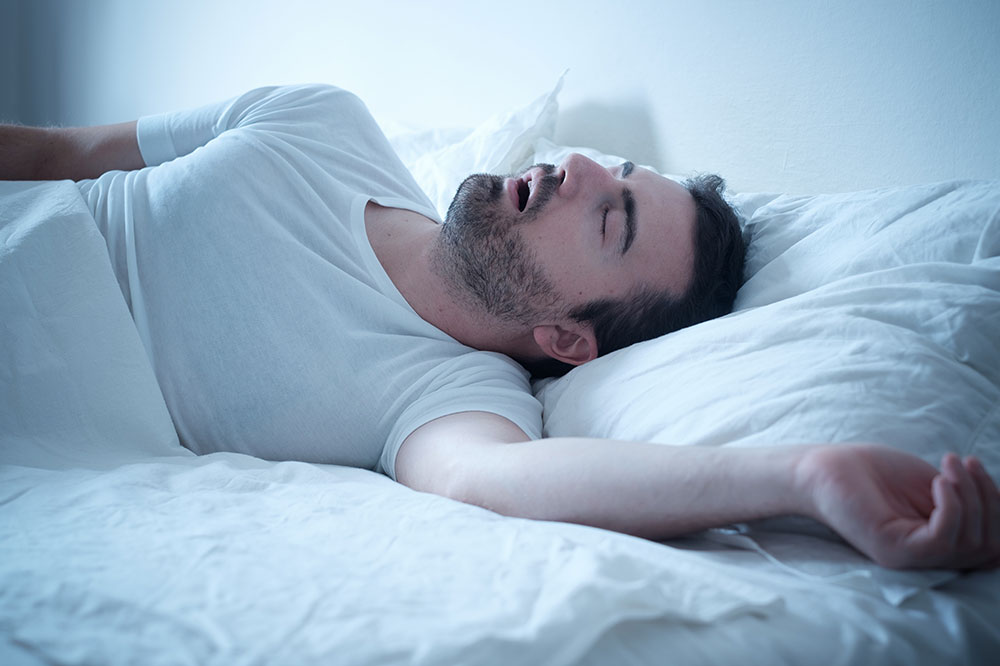
The Main Causes of Sleep Apnea
Sleep apnea is a sleep disorder that causes irregular breathing at night. If you do not feel well-rested after a full night’s sleep or snore too loudly, you probably have the condition and should get diagnosed. If left untreated, sleep apnea can affect your day-to-day life and hamper your performance at school, work, or other tasks. Here are some of the main causes of sleep apnea that you should know to avoid the condition.
Causes of sleep apnea
Sleep apnea can be of two kinds: obstructive or central. Here we shall discuss the leading causes of both these types and then move on to the other general reasons.
1. Causes of obstructive sleep apnea
This is one of the most common types of sleep apnea. It occurs when the muscles at the back of your throat relax, shutting your airways or make them narrow. Then, since you cannot get enough air when you inhale, the oxygen levels in your body go down. As a result, your brain alerts you about your inability to breathe, waking you up briefly to help you breathe again by reopening the airways. This awakening is for a very brief moment and is usually unnoticeable. You may choke or gasp for air in your sleep, and this pattern can happen many times during the night, preventing you from getting restful sleep.
2. Causes of central sleep apnea
This is a less common type of sleep apnea. It occurs when your brain does not send adequate signals to your muscles responsible for breathing. It means your body makes no effort to breathe for a moment. As a result, you may wake up due to shortness of breath or struggle to sleep peacefully at night.
3. Other reasons for sleep apnea
Certain factors can contribute to the blocking of your airways, irrespective of the kind of sleep apnea you have. Some of them include:
- Nasal congestion: When you have nasal congestion, it can narrow down your nasal passage, making breathing difficult.
- Lax muscles: Sometimes, you may have lax muscles and tissues in your throat and mouth that can interfere with your breathing and sleep at night.
- Blocked airways: When you have a thickened tissue of fat deposits around your airways, you may have breathing troubles at night.
Knowing the main causes of sleep apnea will help you recognize the warning signs, and you can seek medical help immediately. Besides, there are known links between sleep apnea and other health conditions, such as heart disease, depression, and difficulty concentrating. Therefore, patients must always indicate their underlying problems when seeking medical guidance. Sometimes, you may not know that you have sleep apnea, but your partner or family member can help you learn about it.



